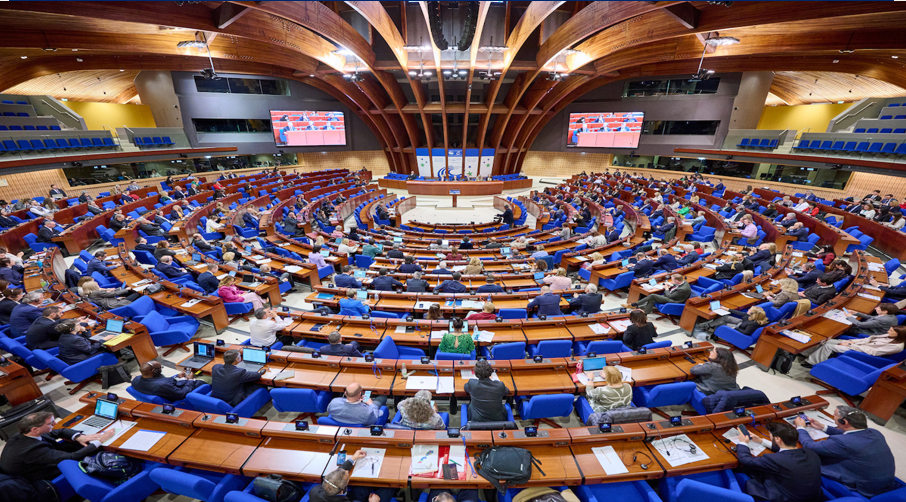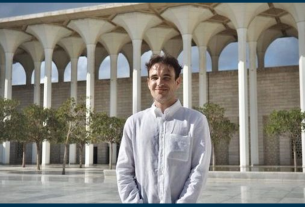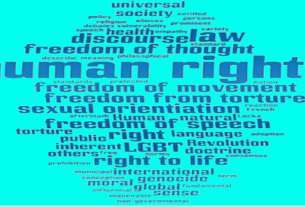|
Getting your Trinity Audio player ready...
|
The Council of Europe’s Committee for the Prevention of Torture and Inhuman or Degrading Treatment or Punishment (CPT) has released its 34th General Report, highlighting significant concerns regarding prison conditions and psychiatric care across Europe.
Prison Overcrowding and Informal Hierarchies
The CPT reports that many European prisons are operating beyond capacity, leading to overcrowded conditions that hinder access to rehabilitative activities and undermine reintegration efforts. Particularly in Western Europe, such conditions limit access to rehabilitative activities and undermine reintegration efforts.
A longstanding issue identified by the CPT is the delegation of internal control to high-ranking inmates, known as “smotriaschij” in the post-Soviet world. These informal hierarchies undermine official authority and may amount to inhuman or degrading treatment under Article 3 of the European Convention on Human Rights. Prisoners are often divided into rigid castes: informal leaders, ordinary prisoners, and “untouchables,” with the latter group facing severe social exclusion, humiliation, and violence.
Psychiatric Care Practices
The CPT criticizes the over-reliance on pharmacotherapy in psychiatric institutions, emphasizing the need for expanded psycho-social treatment options. Involuntary patients are often subject to seclusion or chemical restraint without adequate therapeutic support. The Committee calls for increased investment in community-based mental health services to address these issues.
Recommendations for Reform
CPT President Alan Mitchell urges governments to adopt urgent criminal justice reforms and invest in infrastructure to address these issues. He further calls on member states to develop comprehensive national strategies for dismantling informal prisoner hierarchies and ensuring the safety of all persons in detention.
The origins of these informal hierarchies can be traced back to Tsarist Russia, where a similar social order existed in prisons. Under the Soviet regime, this structure evolved into a more codified system. The enduring impact of this system is evident in post-Soviet countries such as Georgia, Armenia, and Ukraine.
The CPT’s report underscores the need for systemic reforms to ensure that the rights and dignity of individuals in detention are upheld across Europe.
Sources:
- Council of Europe: Anti-torture committee expresses concern over prison overcrowding and informal hierarchies
- Council of Europe: Anti-torture committee report finds poor prison living conditions, increased overcrowding and inter-prisoner violence
- Orer: Council of Europe anti-torture Committee on Armenia: some progress in countering informal prisoner hierarchy, but material conditions in prisons should be urgently improved
Council of Europe in Session Picture by COE



